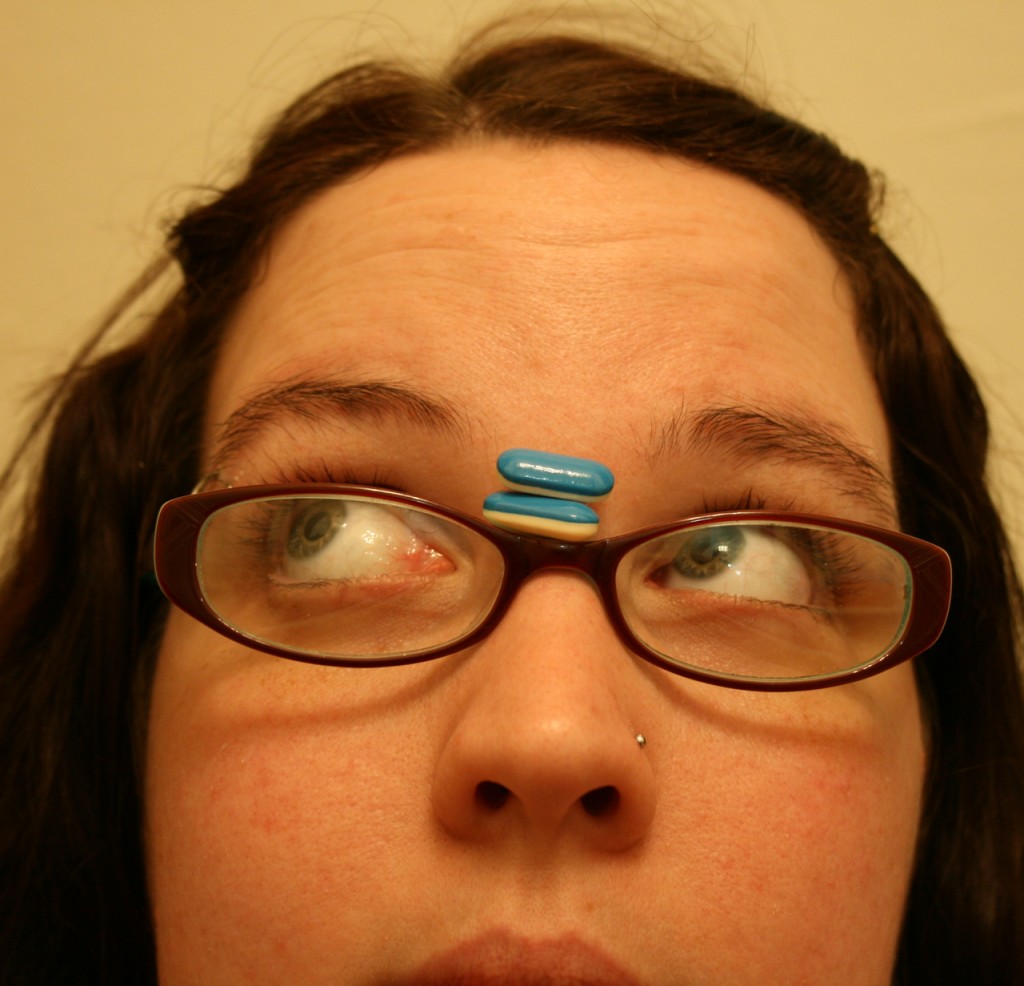With substance use, the meanings of terms like misuse, abuse, dependence and addiction can sometimes seem blurred. Understanding these terms may help you better understand your relationship with drugs or alcohol. Also, the descriptions of these related terms may help you communicate to providers where you stand along the continuum of substance use so you can receive the most relative and effective treatment.
What Is Substance Misuse?
When a person misuses drugs or alcohol, they typically consume the substances in an unhealthy or improper way. The misuse of alcohol or drugs occurs when a person uses them outside the realm of their intended use. The opposite of substance misuse is taking medication as written by a doctor or drinking in moderation.
Other examples include when a person continuously uses a substance with the sole intent of invoking euphoric feelings of being “high.” A person could also misuse drugs repeatedly to evade or alter their perception of reality, or they may consume substances as a maladaptive means to manage their stress. Usually, misuse is too far from addiction to connect the two, but sometimes misuse can devolve and become an addiction concern.
What Is Substance Abuse?
Drug abuse is when a person has a prolonged need to find substances and continuously use them regardless of any harm it will bring upon themselves. Eventually, abuse can cause the user distress or otherwise impair their ability to function normally in daily life.
Substance abuse can often come with adverse consequences that could put people in disastrous situations legally, financially, occupationally, socially, mentally and emotionally by disrupting the user’s life and those connected to them. When people abuse drugs, they may stop taking care of themselves or honoring their responsibilities and obligations because the most pertinent thing for them each day is to find more alcohol and drugs.
Physical Dependence Vs. Psychological Dependence
Physical dependence is often unavoidable. When a person uses a substance every day or nearly every day—even with a legally prescribed drug by a doctor—their body naturally adapts to the exposure of the drug the person repeatedly gives it. At some point, a tolerance to the substances may develop, meaning they must consume more regularly and with higher amounts. If they stop drinking or using the drug, they may experience withdrawal symptoms. For many people, those symptoms are unbearable, and the only way to have relief is to satisfy the cravings by getting more drugs. At this point, you would need to get professional help at a place like a methadone clinic Toronto to help fight the addiction.
Psychological dependence can be a part of physical dependence, but it is a phenomenon with a unique expression. The dependence here is when a person’s drug use is a conditioned response to a perceived trigger. It could be something external, like a location or object, or it could be an activity like driving. Whatever its nature, when the brain receives the cue from the trigger, a biochemical reaction within the brain influences the person’s thoughts and actions.
Until recently, many providers considered dependence and addiction as being synonymous. But despite similarities in symptoms, a person with a dependency on drugs or alcohol doesn’t always mean they are or will become addicted to their use of them.

Addiction and Substance Use Disorder
The National Institute on Drug Abuse (NIDA) describes the term “addiction,” as a compulsive condition that alters the brain so that behaviors of drug-seeking and substance use are the most prevailing, with impaired capacity to consider the consequences of their actions.
In a 2013 update, “substance dependence” and “substance abuse” were removed from the clinicians’ guidebook, the Diagnostic and Statistical Manual of Mental Disorders (DSM-5), as two distinct categories of substance use. Instead, the DSM introduced the term “substance use disorder (SUD)” to replace them. To be inclusive, SUDs have subcategories that rate the condition as being mild, moderate or severe. Addiction represents the most acute expression of a SUD along the continuum of substance use. However, the DSM does not outline any criteria for addiction as a diagnosis.
The material is presented by Wish Recovery – an upscale addiction treatment center offering congenial recuperative environment for those struggling with addiction by combining clinical and therapeutic approaches to promote long-term recovery.